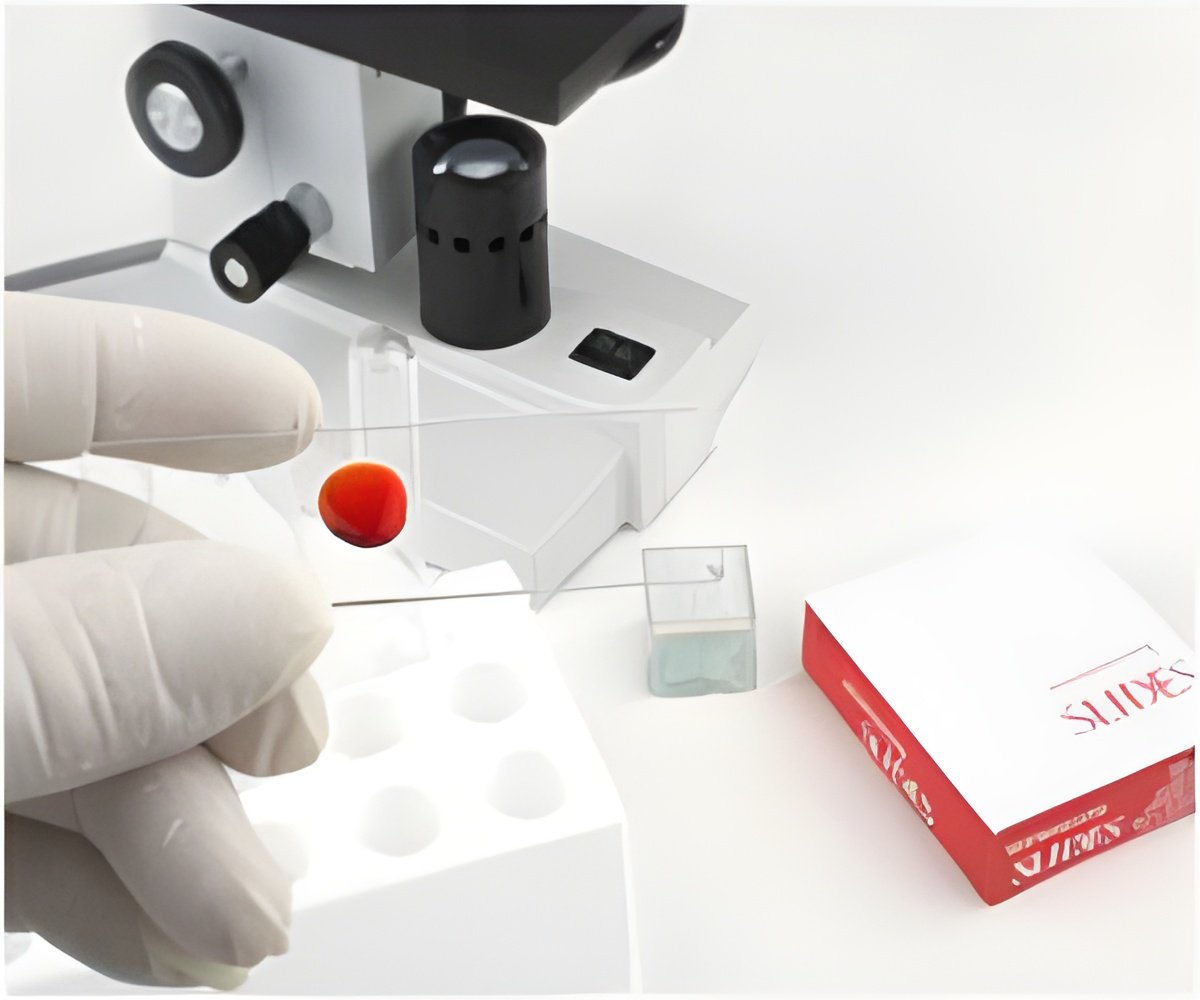Code of the final blood group system has been cracked by a research team at the Lund University who shows that in Xga blood type a small variation close to the XG gene prevents the transcription factor GATA1 from binding to the DNA.

‘A genetic system to help determine the mysterious blood type – Xga, has been developed by a research team at the Lund University.’





Over the past ten years, researchers have developed methods to determine many of our blood types using DNA technology rather than by red blood cells. Modern technology is particularly important for patients who have received large amounts of blood or those who need blood often, as their blood becomes a mixture consisting of several different donors. This makes it difficult to determine the patient's own blood type. However, for the DNA tests to work, the genetic cause of each blood type system must be known. This is the case for the majority of our 36 systems, including ABO and Rh.
In practice, it's actually only one system - the Xg system - that has continued to elude physicians and researchers over the years. A third of all men and a tenth of all women lack the Xg protein that carries the mysterious blood type Xga on their red blood cells, i.e. they are Xga negative. Furthermore, the protein's function is still unknown. The Xga blood type was discovered in New York back in 1962, but it wasn't until now that researchers in Lund managed to figure out why a large part of the population lacks Xga.
"We enjoy solving old mysteries where others have failed, so we combined computer-based analyses with laboratory experiments", explains Martin L Olsson, professor at Lund University and medical consultant at the Nordic Reference Laboratory for Blood Group Analysis, who conducted the study.
Although this blood type was the first to be linked to a specific chromosome in humans (sex chromosome X), Xg is the last blood type system to surrender its secret and thus be included in modern genetic testing.
Advertisement
"I sat down at my computer and analyzed and compared results from previous major studies, partly using my own tools, to solve the problem. Then my colleagues took over to confirm my findings through experiments in a lab environment", says Mattias Möller.
Advertisement
"Now we are in the process of introducing it in the clinic and aim to find out what this exciting protein does and the consequences of the fact that so many of us don't have it", concludes Martin L Olsson.
Source-Eurekalert













